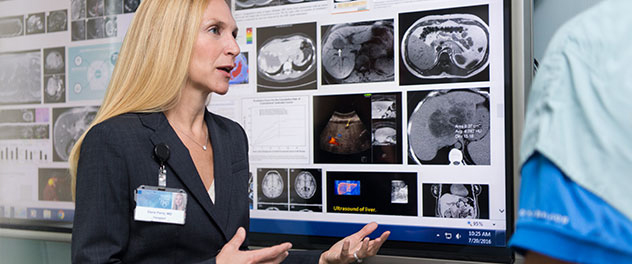 International acclaim in transplant research and care
International acclaim in transplant research and care
The Transplant Research Center at Mayo Clinic is a global leader in basic and clinical transplant research. Our research advances significantly contribute to improved outcomes in transplantation and management of long-term effects.
Overview
The internationally recognized Mayo Clinic Transplant Research Center reflects the unique integration of Mayo Clinic expertise across the institution's three campuses in Arizona, Florida and Minnesota to conduct interdisciplinary research in solid organ transplantation, blood and bone marrow transplantation, and reconstructive transplantation.
Mayo Clinic Transplant Research Center activities also encompass state-of-the-art clinical transplant programs and graduate medical education opportunities.
As a global leader in transplantation, Mayo Clinic is among the top performers of solid organ transplants and blood and bone marrow transplants. This large volume of transplants provides leverage that enables Mayo Clinic researchers to advance transplantation science from discovery to translational studies to collaborative clinical trials.
Investigators in the Transplant Research Center:
- Study improved surgical procedures
- Develop new anti-rejection medications (immunosuppressive medications)
- Study how to improve outcomes
- Care for people who need transplants
Research in the center also focuses on finding alternative therapies for people who may not need a transplant.
Translational research activities in the Transplant Research Center are performed in coordination with other major Mayo Clinic centers, including the Center for Regenerative Biotherapeutics, the Center for Individualized Medicine, and the Robert D. and Patricia E. Kern Center for the Science of Health Care Delivery.
Research in the Transplant Research Center is primarily supported by funding from the National Institutes of Health, foundations and generous benefactors. You can help advance our continued success in transplant research by making a gift today.
Our center has eight main research programs and engages in collaborative research and patient care with other transplant programs and physicians throughout Mayo Clinic:
Our discoveries in basic transplant research and clinical research are continually translated into new and better treatment options for patients. We're committed to helping patients live healthier lives before, during and after transplant.